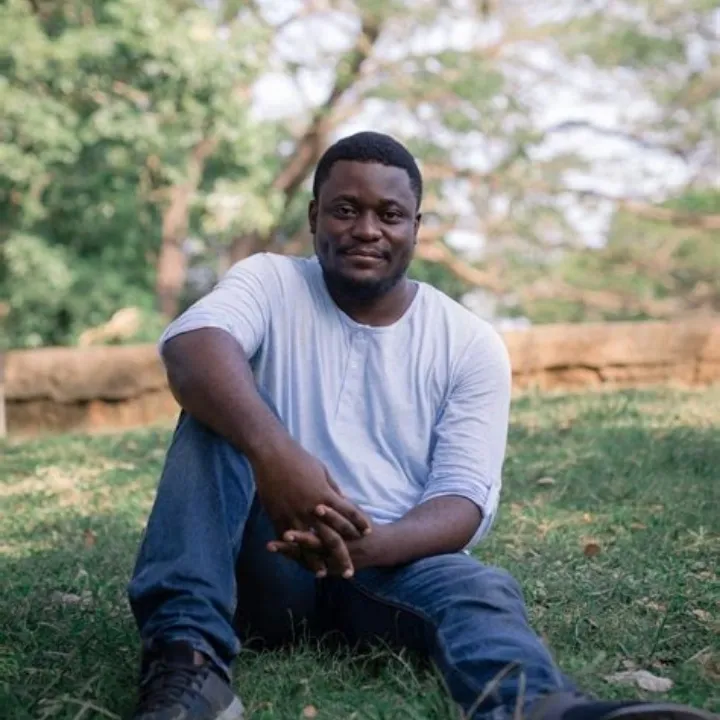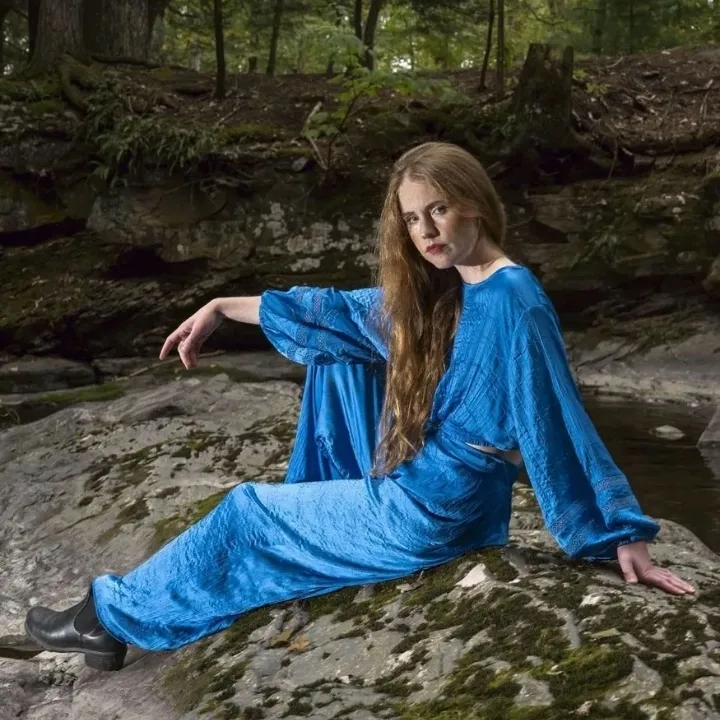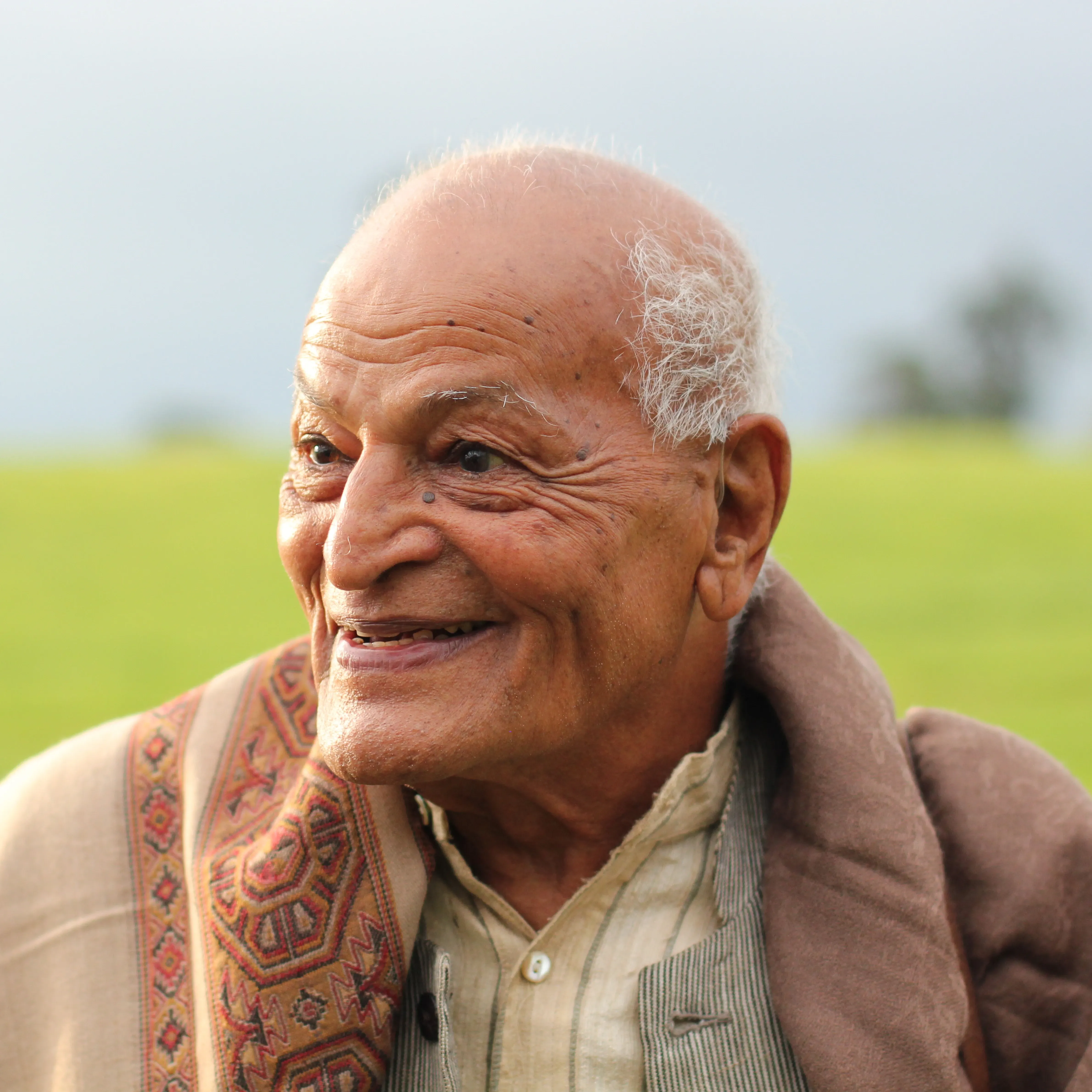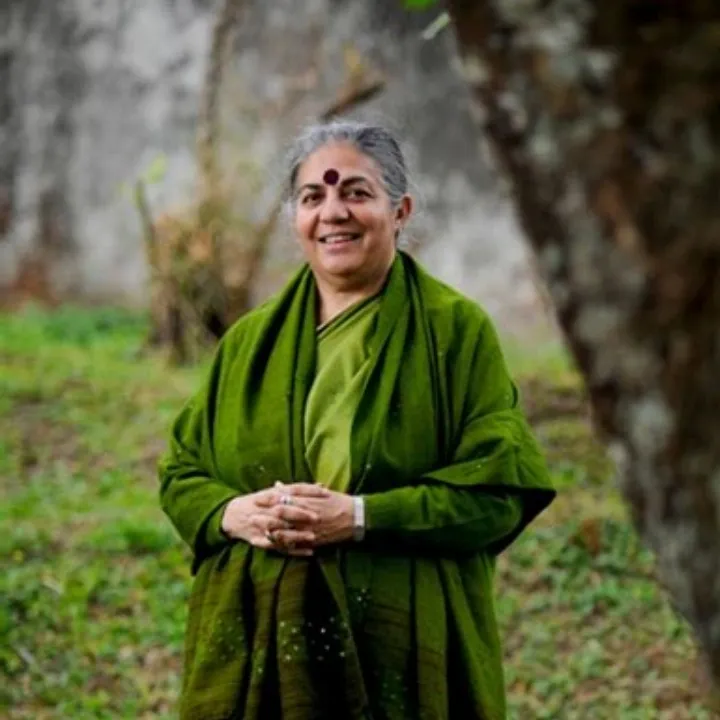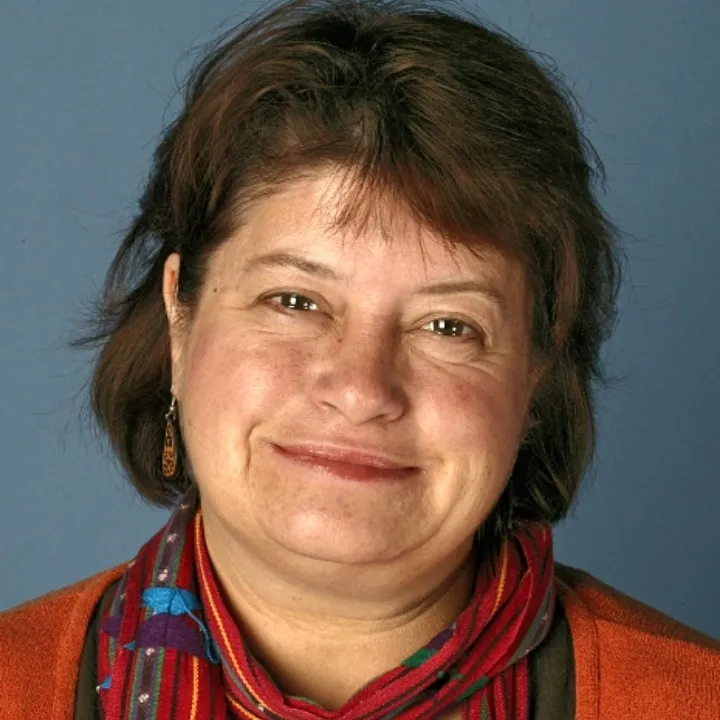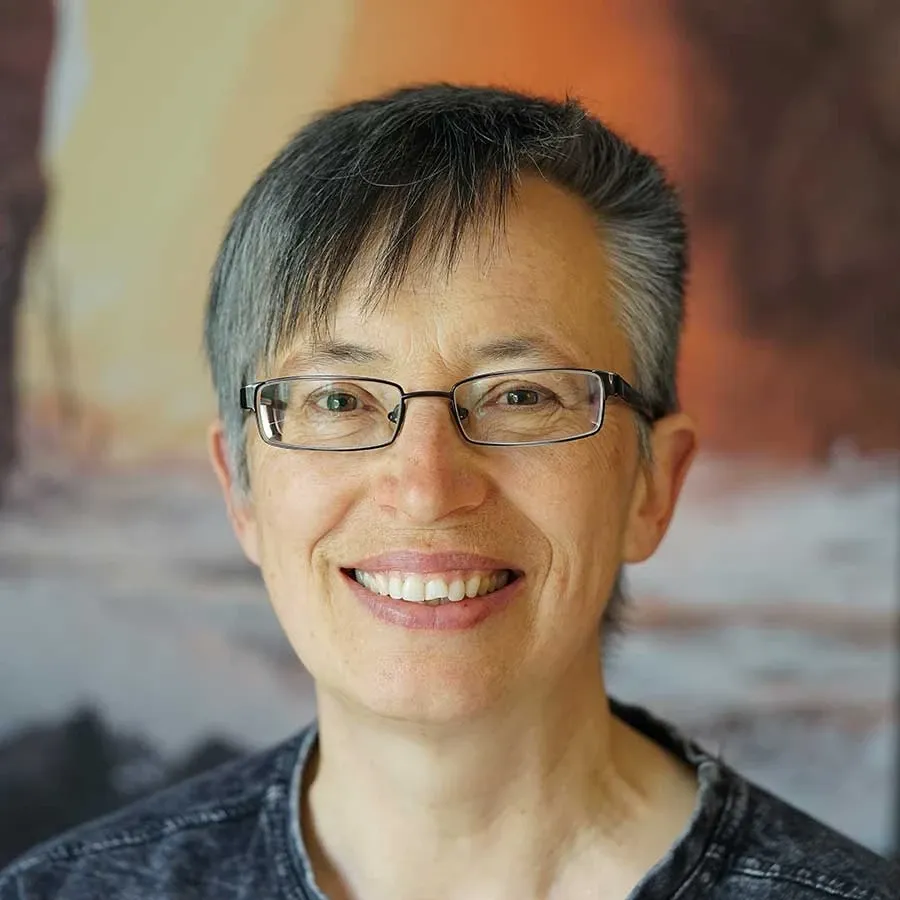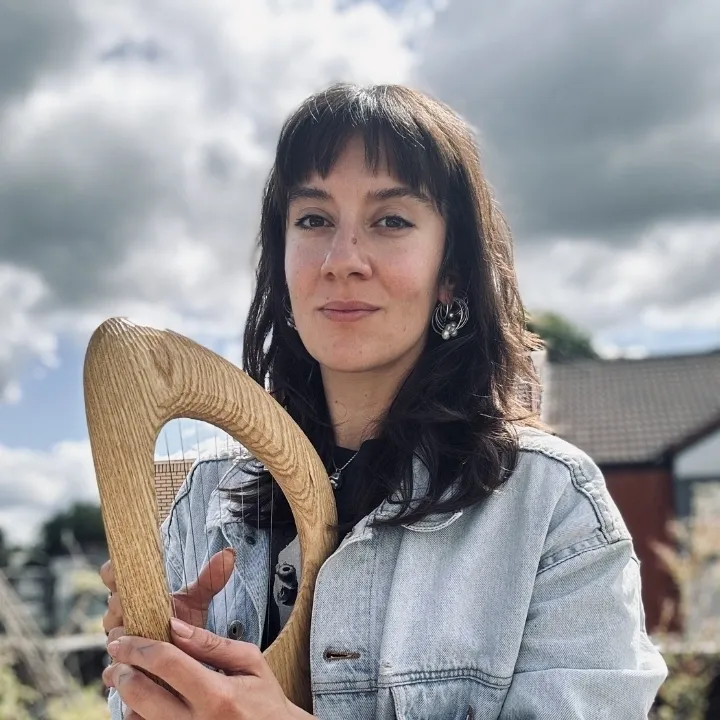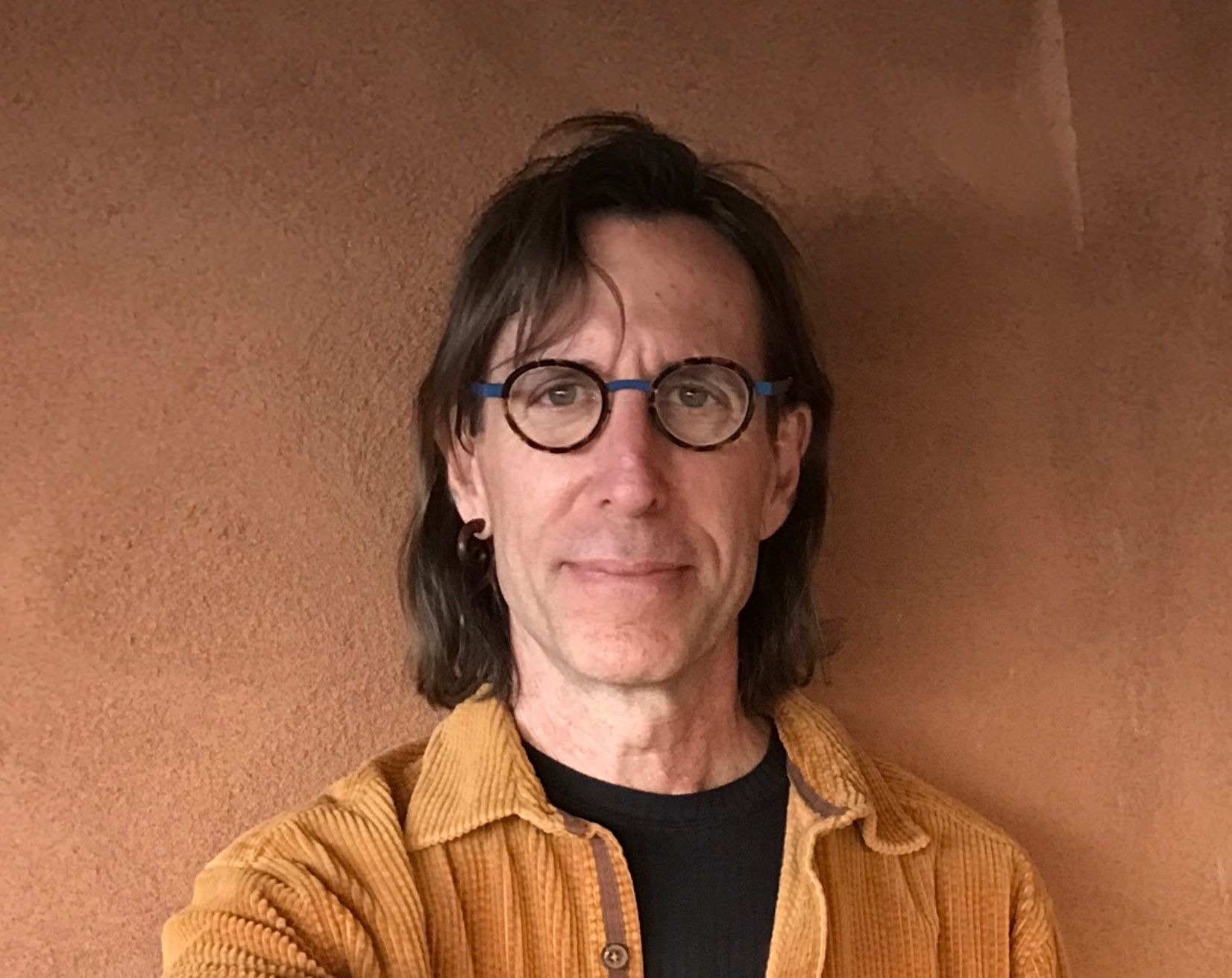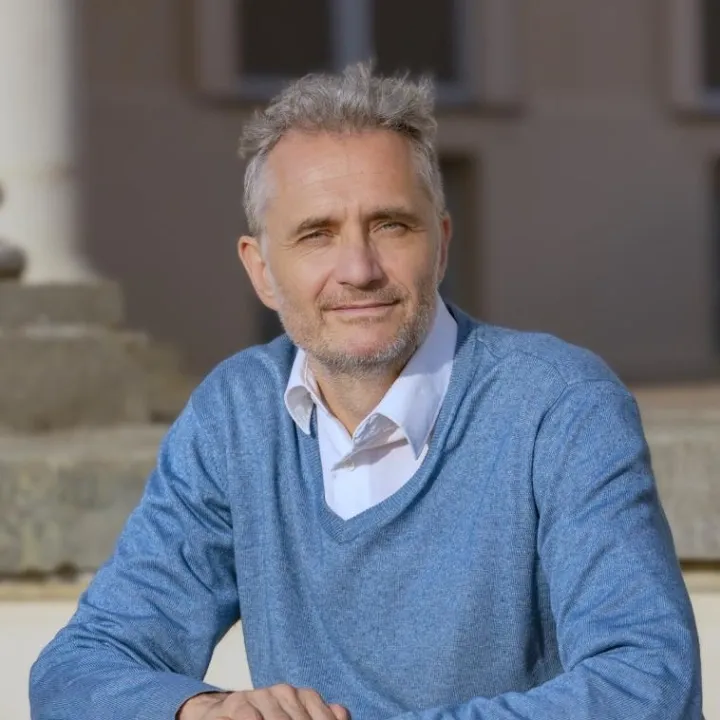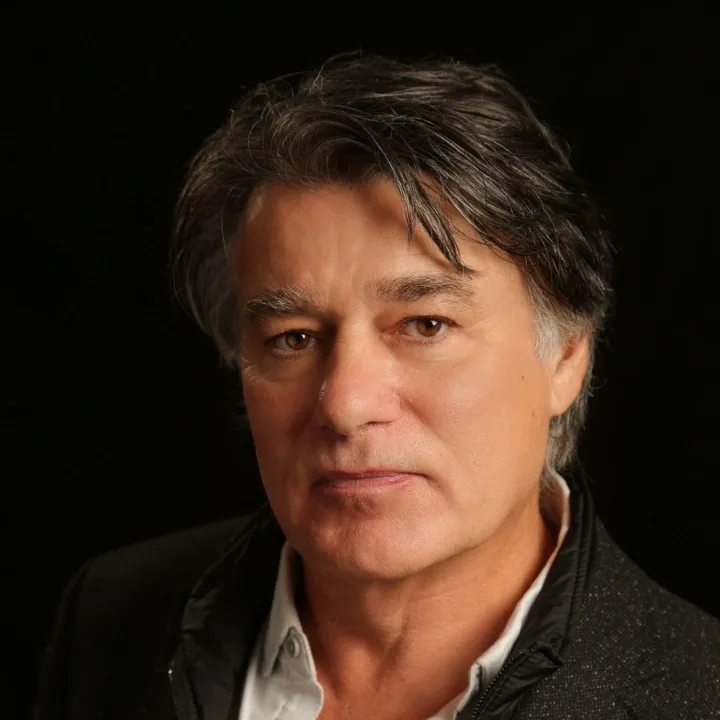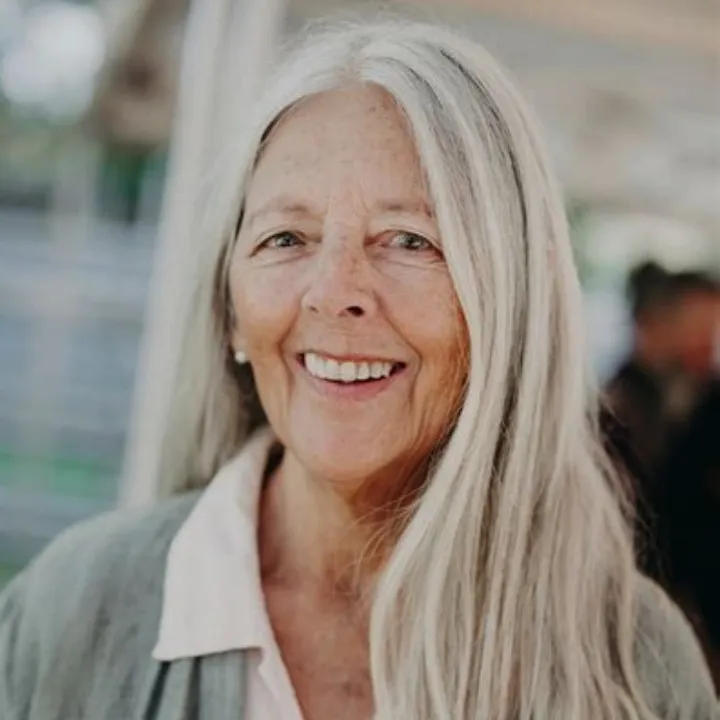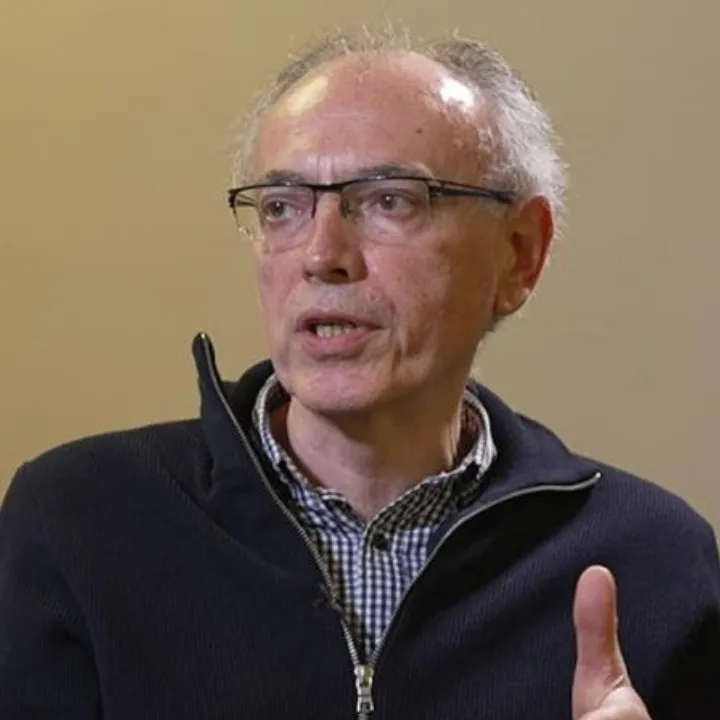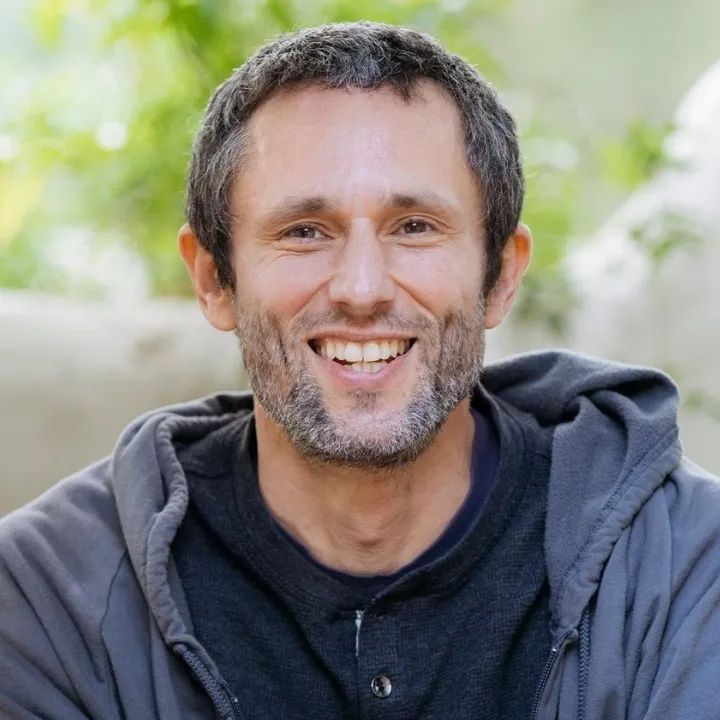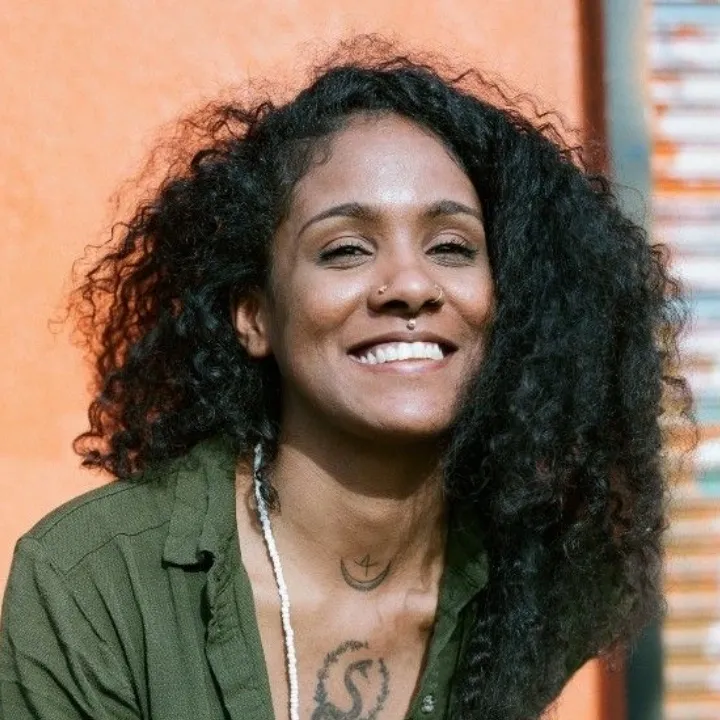FacultyMeet advaya’s teachers
Advaya’s global faculty blends science, practice, and story bringing localised, multidimensional wisdom to a shared learning space.
Alnoor Ladha
Alnoor is a co-founder and executive director of The Rules (www.therules.org), founding partner of Purpose (www.purpose.com) and board member of Greenpeace USA (www.greenpeace.org). Alnoor’s work focuses on the intersection of political organizing, storytelling, and technology. As a founding member and the executive director of The Rules, he is part of a global network of activists, organizers, designers, coders, researchers, writers, and others dedicated to changing the rules that create inequality and poverty around the world.
Alnoor is Co-founder and Executive Director of The Rules (www.therules.org), Founding Partner of Purpose (www.purpose.com) and Board Member of Greenpeace USA (www.greenpeace.org)
Alnoor’s work focuses on the intersection of political organizing, storytelling, and technology. He is a founding member and the executive director of /The Rules (/TR), a global network of activists, organizers, designers, coders, researchers, writers, and others dedicated to changing the rules that create inequality and poverty around the world.
/TR work with the world’s leading social movements to amplify their campaigns, build capacity, and deepen a global community of support. They also run a global thinktank, the Memetics Institute, that creates content, research, analysis, and tools to help bring more progressive ideas into the mainstream.
Prior to /TR, he was a founding partner and the head of strategy at Purpose, an incubator for new types of social movements.
Alnoor is a writer and speaker on new forms of activism, the structural causes of inequality, the link between climate change and poverty, and the rise of the Global South as a powerful organizing force in the transition to a post-capitalist world.
He is a board member of Greenpeace International USA, and a visiting lecturer at New York University (NYU), Columbia University, and the Ontario College of Art and Design (OCAD). Alnoor holds an MSc in Philosophy and Public Policy from the London School of Economics.
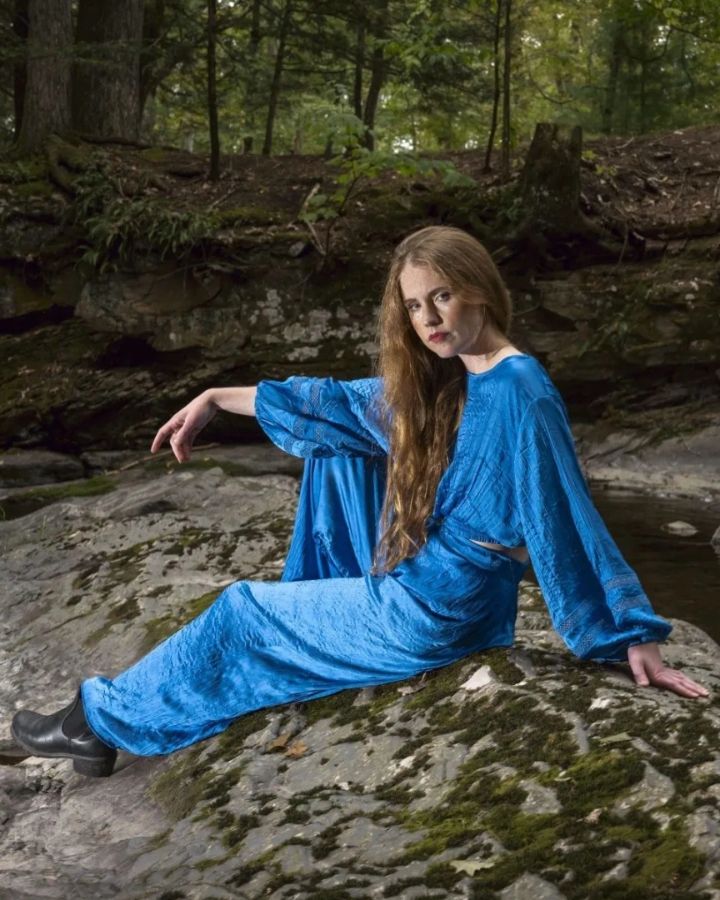
course
Rewilding Mythology
Reawaken ancient myths and their transformative power to reconnect humanity with nature, culture, and collective wisdom for modern times.
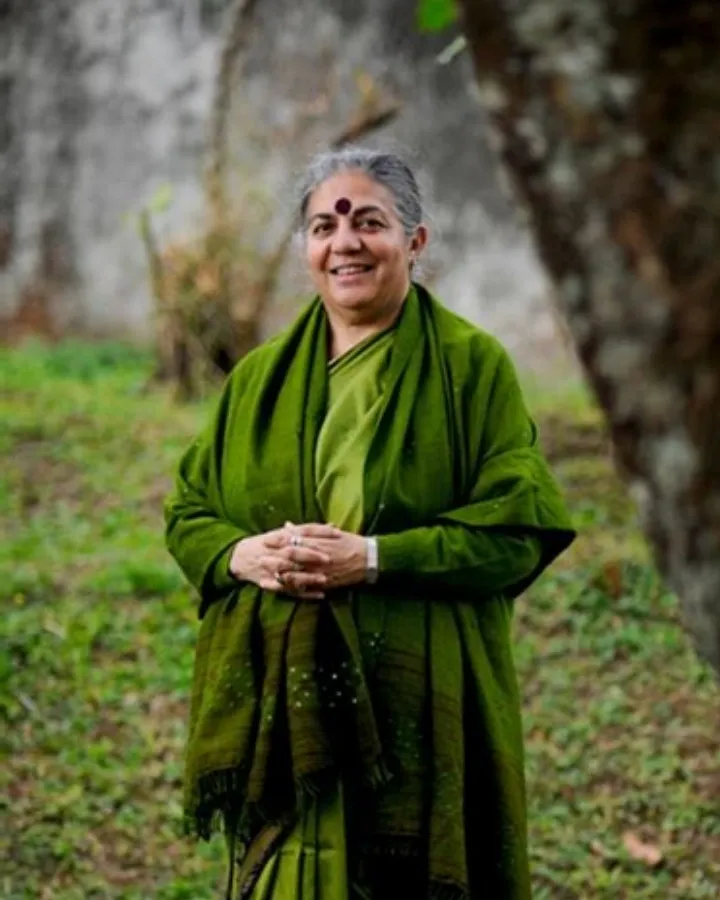
course
The Digital Age
A global faculty of experts dive into the impact of the digital world on consciousness, society, and the future of humanity, questioning its role in shaping our collective future.
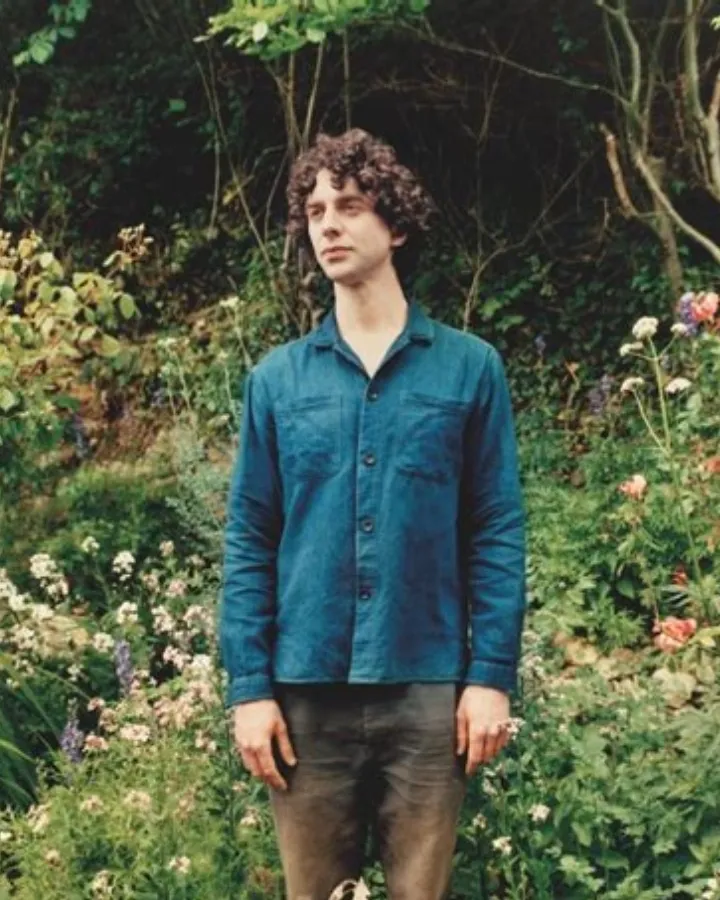
course
Foundation Course
Embark on a spiritual homecoming, reconnecting with your cultural roots, inner wisdom, and the deep sense of belonging to the earth and all beings.
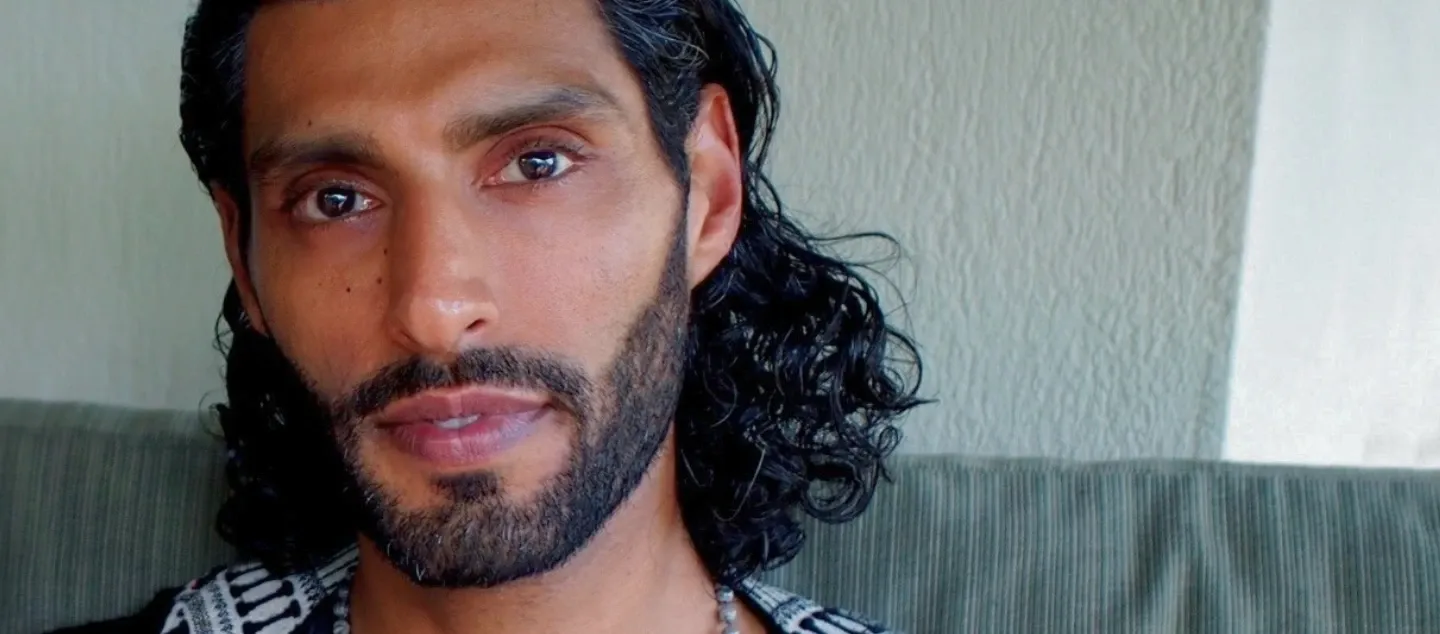
film
We need to start building post-capitalist infrastructure now
“What we're suggesting is, in order for the human enterprise to survive—we're not even talking flourishing—survive, we need to start building that post-capitalist infrastructure now. And what I don't want to do is point to examples of Rojava or Zapatistas, as if they are some blueprint model, because that's where the Western mind will go. They're contextually dependent, they're contextually relevant. [What] they share [are] principles. And they share a philosophy: that is inherently informed by the current crises of capital and neoliberalism.”
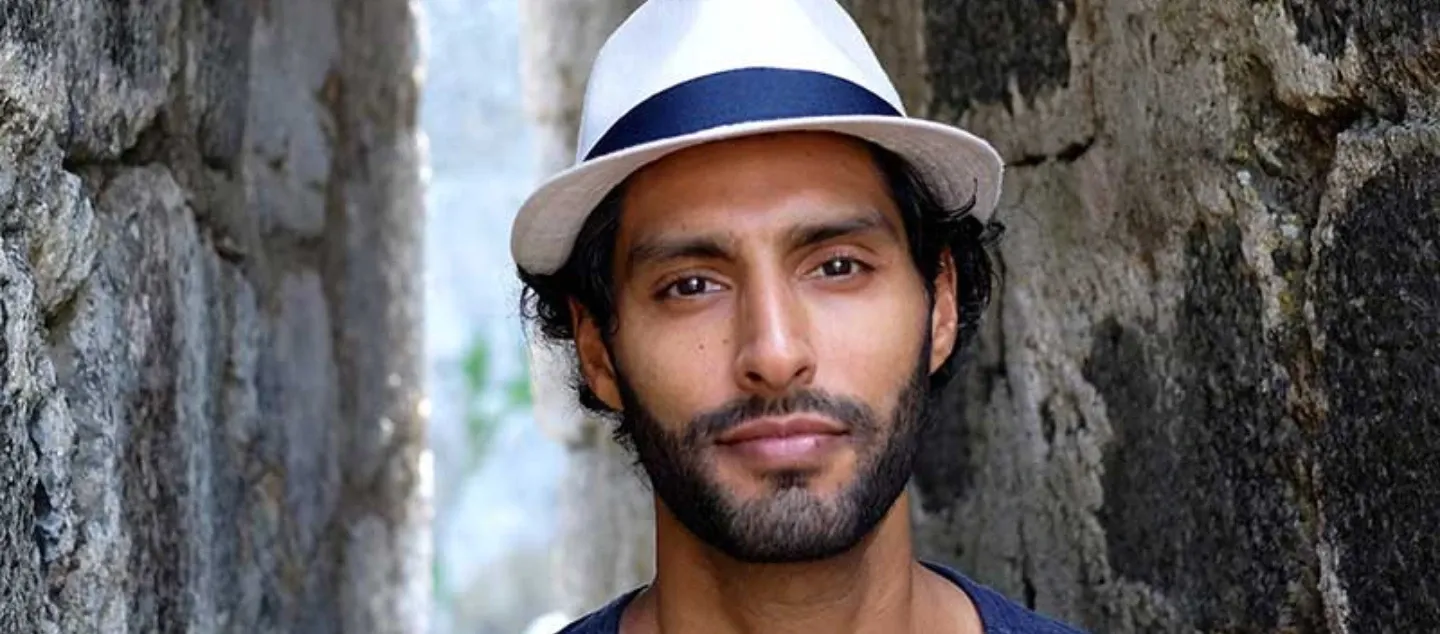
film
Myco, Eco, Mytho: An Ecology of Stories
From where does a story sprout? What specific land and soil did it grow from? What ecology is it seeking to tend to, respond to, root into? How do my stories “tell” me into greater intimacy with the kin outside my door? We can reclaim the ecological nature of myths coopted by patriarchal domination by replanting them in their original biological and social ecosystems. Examining the root systems of popular myths, we see that, below the focus on human exceptionalism, myth is the land talking to itself. The triple lens of MYCO ECO MYTHO guides us into an investigation of how extractive capitalism paired with colonialism has created a “narrative dysbiosis” in the cultural gut, suppressing a biodiversity of more environmentally aware perspectives. We explore what it might mean to compost old stories with contemporary science, philosophy, poetry, and ecology in order to create the new soil that will sprout myths freshly adapted to our current crises.
